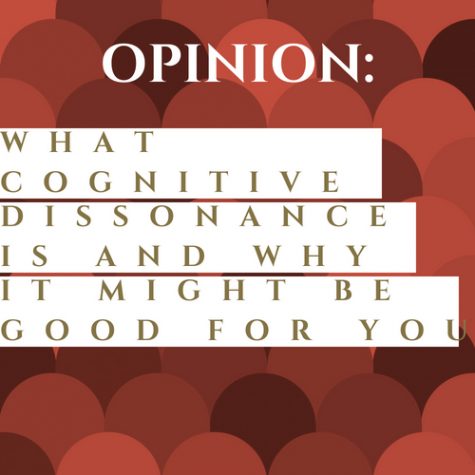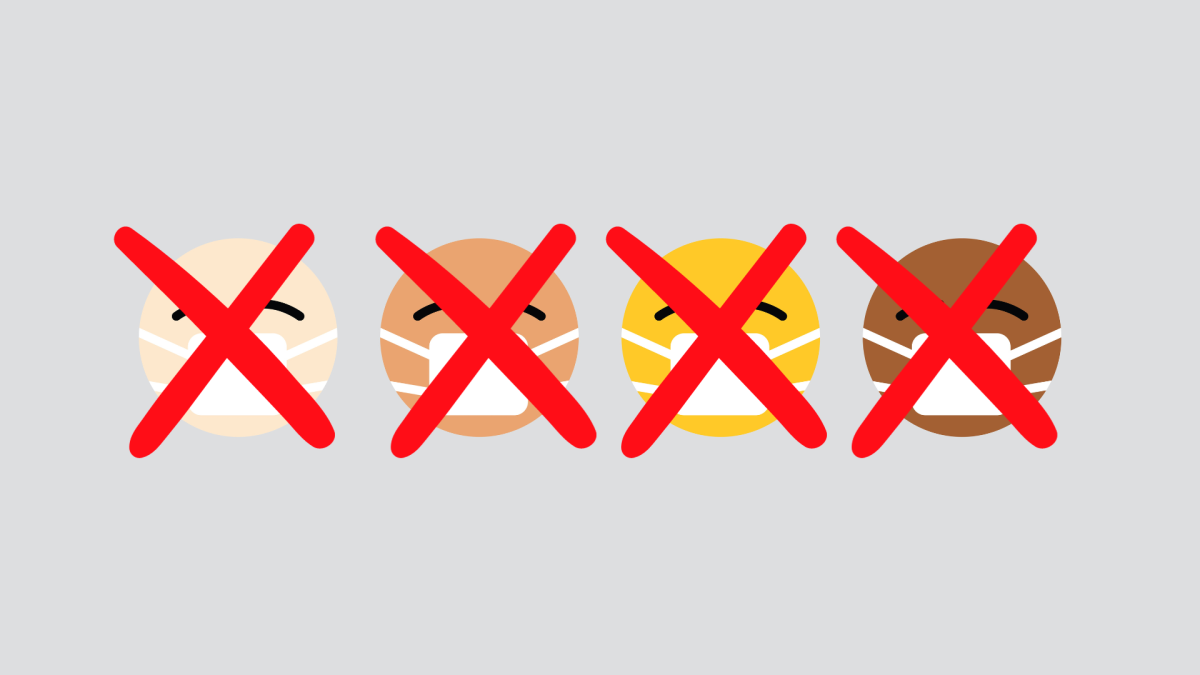
As human beings, we are naturally complex. We have a degree of self-awareness that is very amazing. We’ve come this far, to the point where we can observe our environment as well as others. But we are nowhere near perfect. We are, in fact, very paradoxical beings. Many have probably heard the expression “cognitive dissonance,” but what exactly does this phrase mean?
According to the Merriam-Webster dictionary, cognitive dissonance is the “psychological conflict resulting from incongruous beliefs and attitudes held simultaneously.” Simply put, it means to believe one thing and to do another, resulting in a conflicting thought process.
First theorized by psychologist Leon Festinger, it is a common phenomenon that everyone experiences while aging and forming thoughts and principles. It explains that human beings are pragmatic, and people will find ways to solve that feeling of conflict/inconsistency. People will either change their beliefs, their actions or their perception of those actions.
In universities, many students will experience cognitive dissonance because campuses are places of conversations and confrontations. Previously held beliefs about any social constructs will be challenged in classes as well as other spaces. Evidently, there will be some feeling of unease, doubt, confusion and so on.
Most people do not take that strange feeling well. Whenever you experience such a phenomenon, know that you are not alone. Cognitive dissonance is a challenge; it drives our curiosity far enough for us to find truth and understanding, which is always good because knowledge is always beneficial, even in topics we tend to avoid.
It may eventually lead to greater acceptance of people, things or ideas because it is what leads us to research and, ultimately, progress. Even if this doesn’t happen, it forces a bit of open-mindedness, at least during the hunt for truth.
As you are taking a course on a subject, or simply discussing it with others, keep in mind that no knowledge of yours or theirs is decisive or absolute, because information changes constantly. One truth we can all rely on, however, is that the majority of things we believe to be right in society are never fixed. As people change, so will the mentality.
Therefore, keep an open mind, because you will most likely experience a bit of cognitive dissonance in your own life.
—
For more information or news tips, or if you see an error in this story or have any compliments or concerns, contact editor@unfspinnaker.com.















